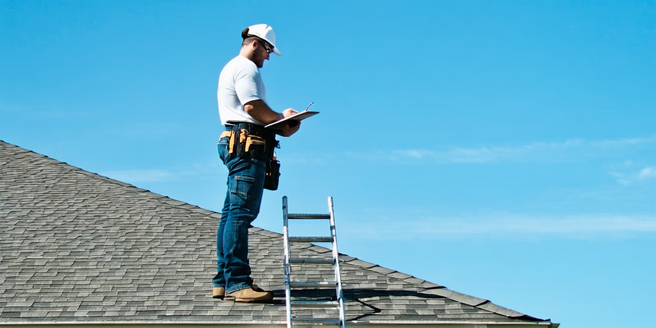Understanding Free Home Inspection Offers

What is Included in a Free Home Inspection?
A free home inspection generally encompasses a visual examination of a house’s essential components. Inspectors typically assess the condition of the roof, attic, walls, ceilings, floors, windows, doors, and foundational structures. The assessment may also cover significant systems like HVAC, plumbing, and electrical to identify any glaring issues. While a free inspection provides a comprehensive overview, it often excludes detailed investigations or testing for environmental concerns such as asbestos or mold. Thus, it might not delve deep into the nuances of every minor defect or potential future issues, aiming more to give prospective buyers or homeowners a snapshot of the property’s current state rather than an exhaustive critique.
How to Identify Legitimate Free Inspection Offers
In the realm of free services, legitimacy is often a key concern. Start by researching the company offering the inspection; reputable firms usually provide clear information about what their inspections cover. Check for professional affiliations, licenses, and reviews. Legitimate inspectors will offer transparent terms, explaining that while the inspection is free, further detailed analyses might incur charges. Be cautious of offers lacking specificity or pushing immediate follow-up repairs without detailed explanations. True experts prioritize informative evaluations over sales pitches, ensuring you understand the scope and limits of their service. Avoid pressure tactics urging quick decisions, and always compare offers to industry standards to ensure credibility.
Potential Risks and Limitations of Free Inspections
Free home inspections, while offering an initial glimpse into a property’s condition, come with inherent limitations. They may not be as thorough as paid inspections, potentially missing hidden defects or future problem areas. Some free offers might be tied to promotional tactics, prioritizing upselling over exhaustive analysis. This could lead to biased reports, skewed to encourage further paid repairs or services not initially wanted. Additionally, the ‘one-size-fits-all’ nature of many free inspections means they might not suit unique or complex properties requiring specialized attention. Thus, relying solely on a free inspection carries the risk of incomplete knowledge, which could affect decision-making during purchasing or property maintenance.
Questions to Ask Your Inspector Before Booking
Before booking a home inspection, particularly a free one, asking the right questions is crucial. Begin by inquiring what the inspection includes and excludes, ensuring it covers essential areas relevant to your concerns. Clarify if the inspector holds relevant certifications and licenses, verifying their expertise. Discuss any potential costs that might arise from needed repairs or further inspections. Ask about the time taken for the inspection and how the findings will be presented. It is also wise to query about their experience with similar properties. Understanding these facets ensures you’re prepared and know the exact value and limitations of the inspection service you’re about to receive.
Comparing Free vs Paid Home Inspection Services
Free and paid home inspections differ significantly in scope and depth. Paid inspections generally provide more comprehensive and detailed reports. With a paid service, inspectors are incentivized to conduct thorough evaluations without the prospect of upselling services. Conversely, free inspections might offer a basic assessment, and are sometimes marketing tools aimed at generating business. It’s crucial to evaluate what you need from an inspection – if it’s a general overview, a free inspection might suffice. However, for a more exhaustive analysis that could reveal hidden issues, investing in a paid service could be worthwhile. Ultimately, the right choice depends on your property’s condition and your particular needs.
Maximizing the Value of Your Free Home Inspection
To get the most out of a free home inspection, preparation is key. Start by making a list of specific concerns or areas you’d like assessed, as this can guide the inspector’s focus. Clearing clutter and ensuring all areas are accessible can also help expedite the process. Be present during the inspection if possible; this allows you to ask real-time questions and understand the inspector’s findings in context. Use the summary provided to decide on any further investigations needed. By actively engaging with the process, you can turn even a basic inspection into a valuable tool for understanding your property’s condition.